We have a class named Subscriber, that extends "HashMap". We have many instances of this class in a list, and each instance has a set of entries set to the map, one of these are "status".
Our program is updating the "status" value by calling a method on the Subscriber, that does a simple put to the HashMap.
Our program can be running for multiple days (weeks) without any issues, but some times we have seen strange behaviour in some other parts of the system, that uses data from the HashMap. For us, it looks like there is a duplicate key in one or more of the Subscriber instances.
We manage to create a jmap dump, and based on the dump it looks for me that we have the "status" set twice when I look at the dump in VisualVM.

We are currently running Java version: 1.7.0_25 (Oracle)
How is this possible? Or do I read the VisualVM wrong?